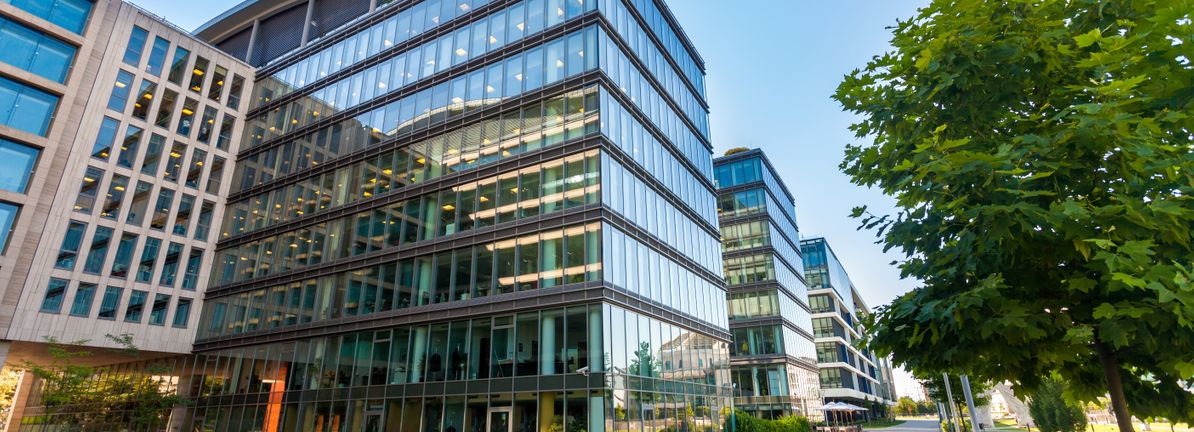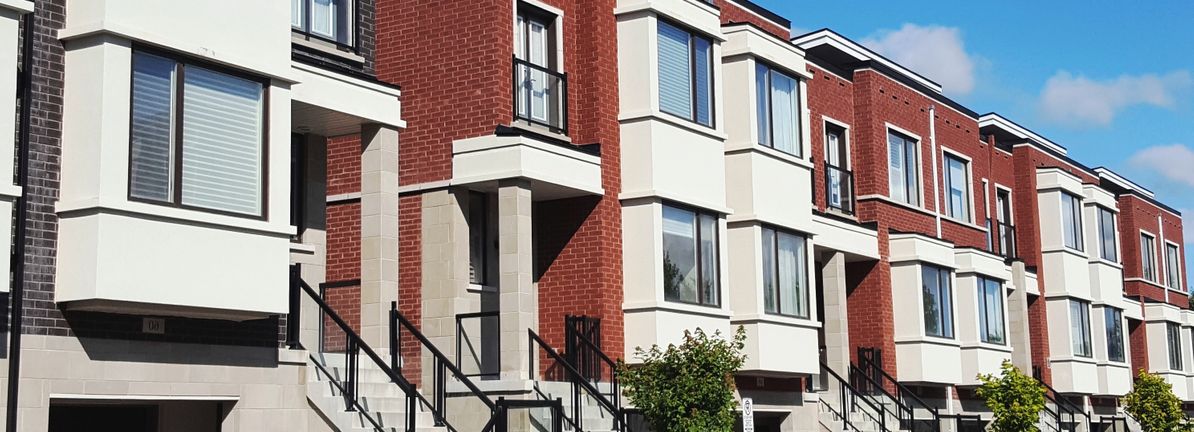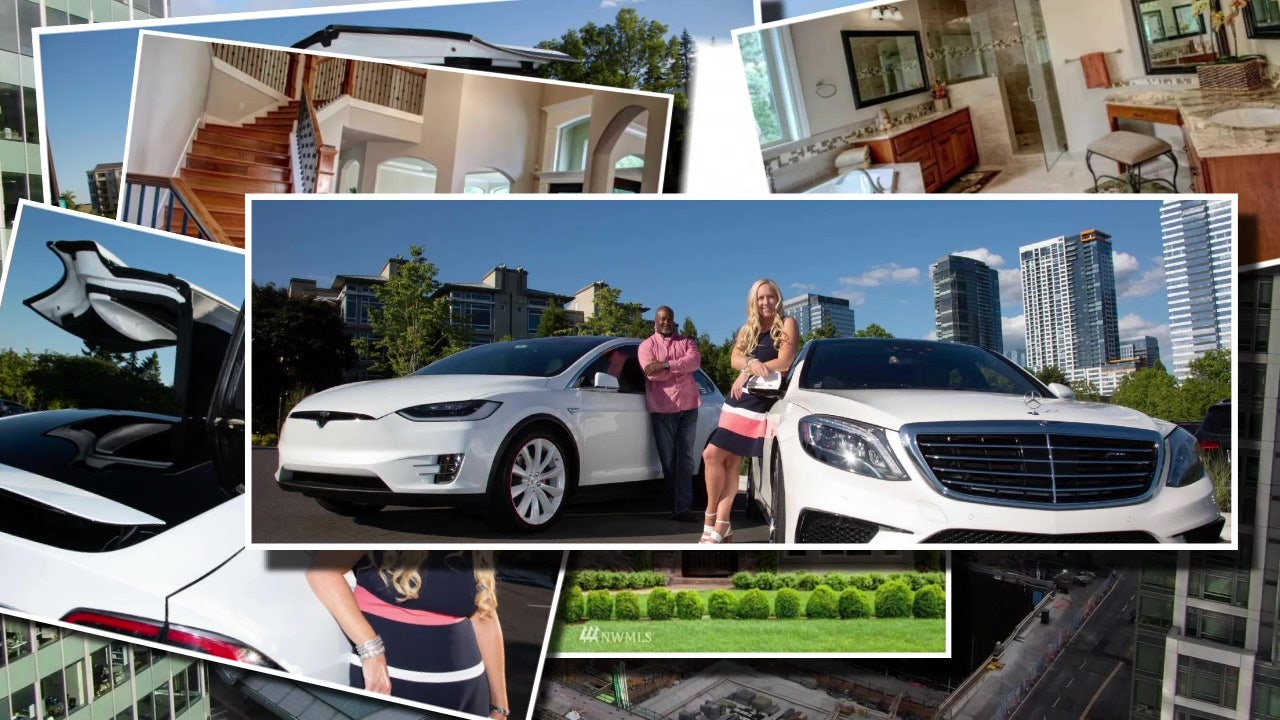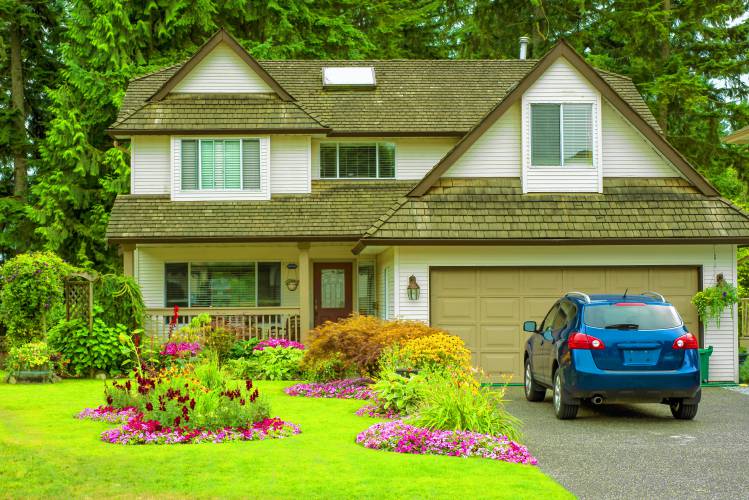O
pinions expressed by Entrepreneur contributors are their own.
For too long, business success has been defined solely by profits and growth. However, entrepreneurs are increasingly recognizing that true success also includes leaving a lasting positive impact on society. In the real estate industry, which directly influences communities, there's a unique opportunity to leverage business for social good through sustainable developments, support of local initiatives, or health-focused designs.
Real estate is more than just buying and selling properties; it shapes neighborhoods, impacts the environment, and influences people's lives. By integrating social responsibility into their strategies, real estate professionals can build stronger, more connected communities, enhance their brand reputation, and drive long-term growth.
Creating positive impact through real estate involves developing projects that address community needs, such as affordable housing or environmentally sustainable buildings. However, the opportunity for impact extends further when developers consider health-focused design elements, support local economies, and engage communities in the development process.
Health-focused building designs have become essential with an increasing emphasis on well-being. Developers are incorporating features like advanced air filtration systems, natural lighting, and open-air communal spaces to promote healthier living environments. These elements not only benefit residents but also enhance property value by setting a higher standard for health-conscious living spaces.
Supporting local economies involves working with local suppliers, sourcing materials regionally, and prioritizing local contractors and vendors. This approach stimulates economic growth, strengthens social trust, and fosters a sustainable model that benefits residents, local businesses, and the environment.
Community engagement is also crucial in real estate development. By involving community leaders, residents, and local organizations from the earliest stages of planning, developers can ensure their projects align with local needs, values, and character. This approach provides valuable insights into what a community needs and can result in a development that resonates deeply with residents.
Integrating social responsibility into real estate brings numerous tangible benefits, including enhanced reputation, client loyalty, and top talent attraction. Research shows that 86% of millennials believe business success should encompass more than financial performance, highlighting the growing importance of values-driven companies.
For entrepreneurs looking to incorporate social impact into their real estate business, it starts with identifying causes that align with their core values and mission. Collaboration with local organizations amplifies impact and strengthens connection to the community. By prioritizing social good in real estate, businesses can create lasting change in the neighborhoods they touch, fostering loyalty, enhancing brand reputation, and building stronger, more connected communities.













